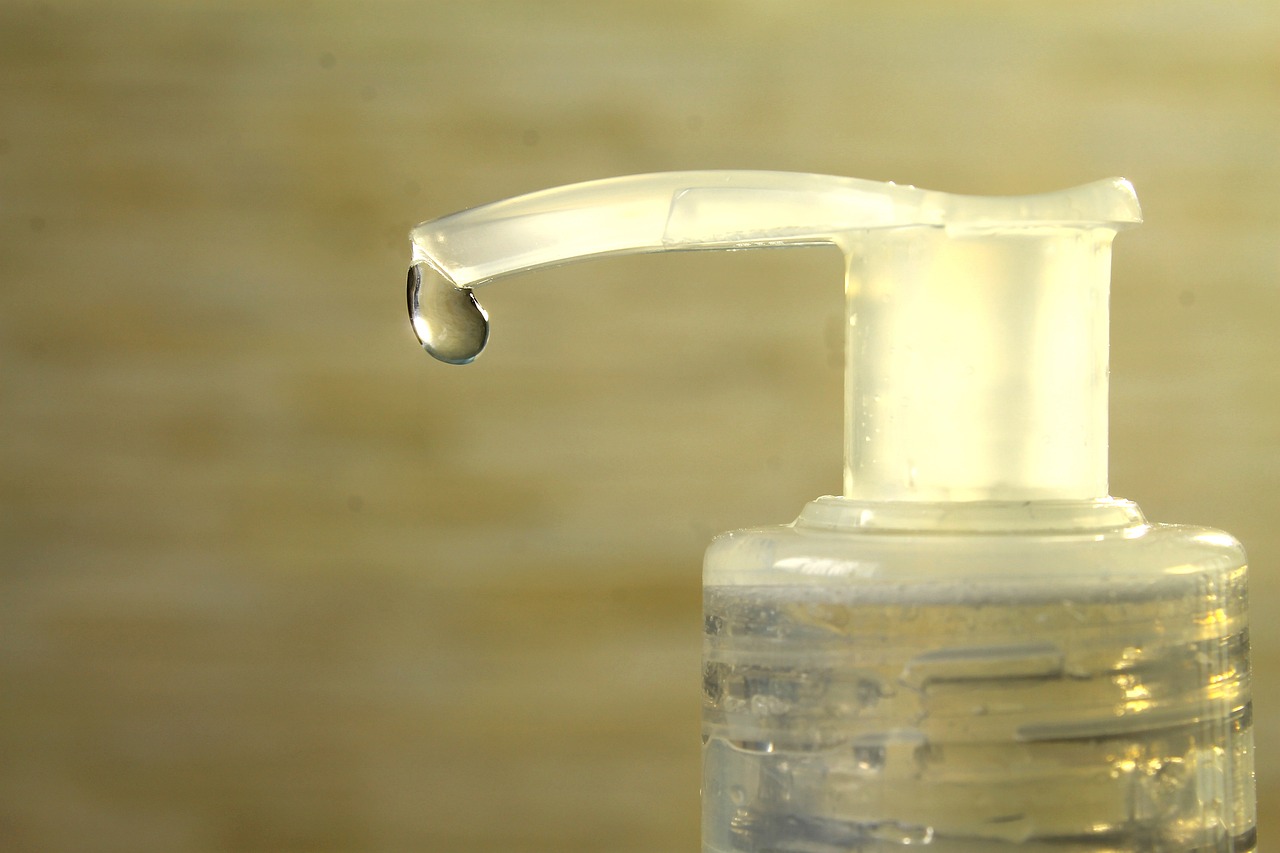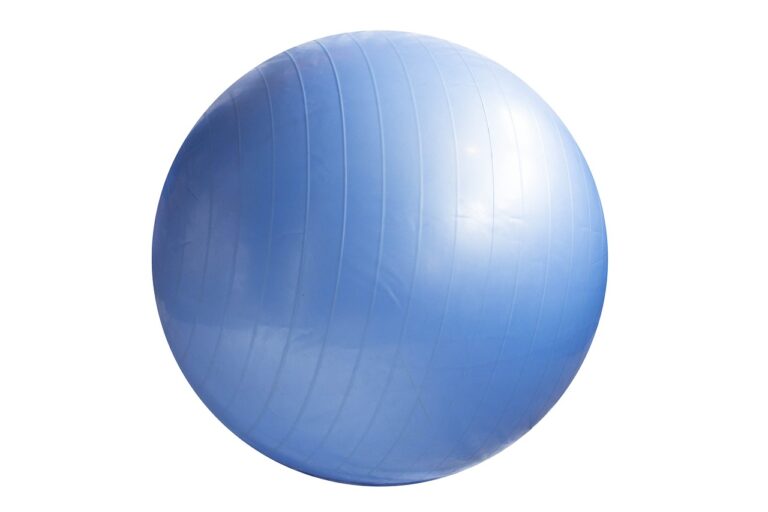Innovations in Mobile Health (mHealth) Applications for Chronic Disease Management
Mobile Health (mHealth) applications have revolutionized the way chronic diseases are managed, providing patients with convenient access to personalized care and resources. With the advancement of technology, there has been a significant growth in the development of innovative mHealth applications that aim to improve the quality of life for individuals living with chronic conditions. In this article, we will explore some of the latest innovations in mHealth applications for chronic disease management.
Remote Monitoring and Telemedicine
One of the key innovations in mHealth applications is the ability to remotely monitor and track health metrics in real-time. Patients can use wearable devices and sensors to monitor their vital signs, medication adherence, and overall health status. This data is transmitted to healthcare providers in real-time, allowing for timely interventions and adjustments to treatment plans. Telemedicine platforms enable patients to consult with healthcare providers virtually, reducing the need for in-person visits and improving access to care.
Patient Engagement and Education
mHealth applications provide patients with educational resources, self-management tools, and personalized health recommendations to empower them to take control of their health. Interactive features such as health trackers, medication reminders, and symptom diaries help patients stay motivated and engaged in their care. Gamification elements such as rewards and challenges can make managing chronic conditions more enjoyable and rewarding.
Personalized Treatment Plans
Advancements in artificial intelligence and machine learning have enabled the development of mHealth applications that can analyze patient data and provide personalized treatment recommendations. These applications take into account a patient’s individual health history, genetic makeup, and lifestyle factors to create tailored treatment plans that optimize outcomes and minimize side effects. By incorporating predictive analytics, mHealth applications can predict disease progression and identify potential complications before they arise.
Medication Management
mHealth applications have transformed the way patients manage their medications, providing tools to track prescriptions, set reminders, and monitor adherence. Some applications use smart pill bottles and sensors to detect when medications are taken and send notifications to patients and caregivers. Medication management applications can also provide information on drug interactions, side effects, and dosages, helping patients make informed decisions about their treatment.
Integration with Electronic Health Records
Integration with electronic health records allows mHealth applications to access and exchange patient data with healthcare providers seamlessly. This interoperability enables healthcare teams to have a comprehensive view of a patient’s health history, medications, lab results, and treatment plans in real-time. By sharing information securely, mHealth applications can improve coordination of care, prevent duplicative tests, and reduce medical errors.
Remote Patient Monitoring and Support
mHealth applications enable healthcare providers to remotely monitor and support patients with chronic diseases, enhancing continuity of care and reducing hospital readmissions. Patients can use wearable devices to track their health metrics and receive feedback from healthcare providers on their progress. Remote monitoring platforms can also connect patients with support groups, mental health services, and community resources to address the holistic needs of individuals with chronic conditions.
FAQs
Q: Are mHealth applications secure?
A: Most mHealth applications adhere to strict privacy and security standards to protect patient data. It is essential to choose reputable applications that encrypt data and comply with healthcare regulations.
Q: Can mHealth applications replace traditional healthcare services?
A: While mHealth applications can enhance access to care and support self-management, they are not intended to replace traditional healthcare services. It is important to consult with healthcare providers for a comprehensive treatment plan.
Q: How can patients benefit from using mHealth applications?
A: Patients can benefit from mHealth applications by having convenient access to personalized care, educational resources, and support tools. These applications empower patients to engage in their health and improve outcomes.
Overall, innovations in mHealth applications for chronic disease management are transforming the way healthcare is delivered, providing patients with personalized care, remote monitoring, and support tools to improve their quality of life. By leveraging the power of technology, mHealth applications have the potential to revolutionize the management of chronic conditions and empower individuals to take control of their health.







